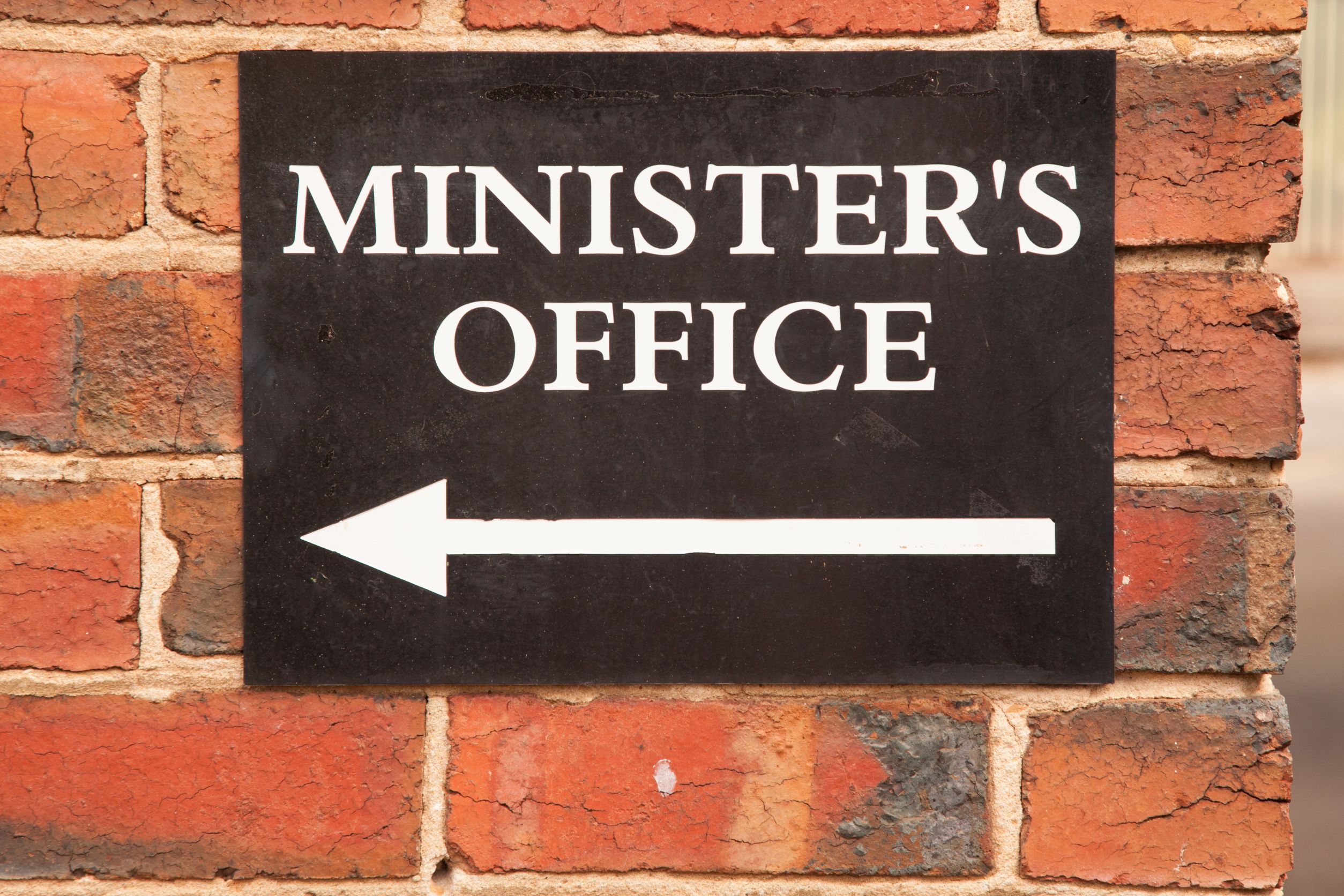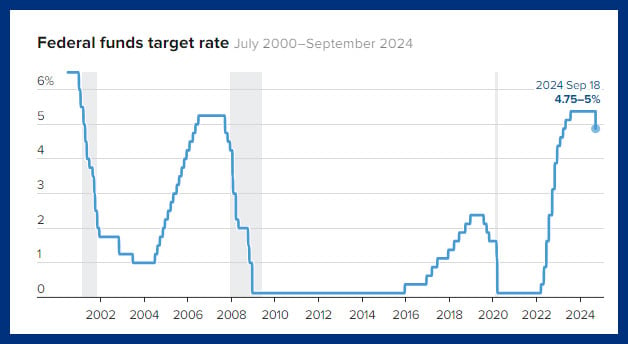
Canva
Whether you’re chatting after a service, at a community event, or during a more personal meeting, knowing how to communicate respectfully with a minister can foster more meaningful and pleasant interactions. Ministers, like any professionals, have their share of workplace stresses and societal expectations. However, due to the spiritual nature of their work, certain comments can be particularly jarring or inappropriate. Here’s a roundup of 12 things you might want to avoid saying to a minister to keep the conversation respectful and considerate.
1. “Is being a minister actually a job?”

Canva
This question can come off as dismissive of the minister’s profession. Being a minister involves much more than the visible aspects, like preaching on Sundays. It includes counseling, community work, administrative duties, and often being on-call for emergencies. By questioning if their role constitutes ‘real work,’ you might inadvertently belittle their dedication and the emotional and spiritual labor they put into their community. Remember, just because their job involves spiritual guidance doesn’t mean it isn’t hard work.
2. “You’re just doing this for the money, right?”

Canva
Assuming that a minister is only in it for the money is a vast misunderstanding of their motivations and the realities of their profession. Many ministers are driven by a deep sense of calling and purpose, and in many cases, the financial rewards are modest. This kind of comment can seem cynical and dismissive of their commitment and the personal sacrifices they often make. It’s important to appreciate that their work is primarily about service and spiritual leadership, not wealth accumulation. Most ministers do not live lavish lifestyles by any means.
3. “I bet you only work one day a week.”

Canva
This is a common misconception about ministers. Sunday services are just the most visible part of their job. The rest of the week is filled with planning services, meetings, visiting sick church members, community outreach, and much more. By saying this, you risk minimizing all the unseen effort they put into their roles each day. Acknowledge that their responsibilities stretch far beyond the Sunday sermon.
4. “Can’t you make an exception to the rules for me?”

Canva
Asking a minister to bend church or moral guidelines for personal benefit puts them in a very uncomfortable position. It’s crucial to respect their commitment to their faith and the guidelines they are expected to uphold. Ministers strive to apply rules fairly and with integrity. Trying to persuade them to make exceptions on a personal whim can be disrespectful to their position and the standards they maintain. Instead, seek understanding and guidance within the frameworks they advocate.
5. “I don’t take you seriously because you’re a woman/man.”

Canva
Gender should never be a reason to dismiss someone’s capabilities, especially in a role as significant as a minister. Such remarks are not only disrespectful but also sexist. Ministers, regardless of gender, have undergone the same rigorous training and are equally committed to their congregations. It’s important to focus on their qualifications and the quality of their work, not their gender. Every minister deserves respect for their leadership and spiritual guidance.
6. “That sermon was boring.”

Canva
Feedback is valuable, but it should always be constructive. Telling a minister that their sermon was boring without offering any meaningful insights can be quite hurtful. If you have feedback, phrase it in a way that is helpful and considerate. You might suggest topics or elements that engage you more or express what parts of the service you find most meaningful. Ministers appreciate constructive feedback that helps them serve their congregation better.
7. “No offense, but I think you’re wrong about this.”

Canva
While it’s perfectly okay to have differing views, outright dismissing a minister’s interpretations or teachings can be seen as confrontational. If you disagree, frame your thoughts as a personal reflection or a question. This opens up a space for dialogue rather than conflict. Ministers often welcome thoughtful discussions that challenge ideas in a respectful way. Remember, it’s about learning and growing together, not winning an argument.
8. “You must have the perfect family, right?”

Canva
Assuming that a minister’s family is perfect puts unrealistic expectations on them and their loved ones. Like any family, they have their challenges and ups and downs. This assumption can make them feel pressured to portray a flawless image. It’s more supportive to recognize that ministers and their families are human too and face the same kinds of struggles we all do. Offer support and understanding instead of assumptions.
9. “How can you believe all this stuff?”

Canva
This sort of question challenges the very foundation of a minister’s life and work. It can come across as dismissive and insulting. Faith is a deeply personal matter, and while it’s okay to be curious, questioning someone’s beliefs in such a blunt manner is not respectful. If you’re genuinely interested in understanding more about their faith, consider asking about their personal journey or what their faith means to them. This approach is much more likely to lead to an insightful conversation.
10. “Aren’t you too young to be a minister?”

Canva
Questioning a minister’s age and implying they are too young for their role undermines their authority and the work they’ve put into achieving their position. Ministers go through extensive training and have to meet many qualifications before taking on their role. If they are officially serving, they are likely well-prepared and capable, regardless of their age. It’s important to respect their position and the path they’ve taken to get there.
11. “You must be so bored listening to people’s problems all day.”

Canva
This remark trivializes the minister’s role in providing counsel and support. Listening to and helping resolve congregants’ issues is a fundamental part of their job; it’s not a burden but a privilege. It shows a lack of understanding of the empathetic and supportive nature of their work. Ministers are there to help and guide, not just listen passively. They take this part of their job very seriously.
12. “Isn’t that hypocritical of you?”

Canva
Calling a minister hypocritical without understanding the context of their actions or words can be deeply offensive. It’s important to consider the complexities of moral and ethical decisions in their role. If something seems inconsistent, it might be more productive to ask for clarification rather than jumping to conclusions. This allows the minister to explain and perhaps shed light on the reasoning behind their decisions. Approach with curiosity rather than accusation.
Speak with Respect

Canva
Navigating conversations with a minister, or anyone for that matter, should always be done with thoughtfulness and respect. The phrases and questions listed above can create discomfort and strain relationships, often based on misunderstandings or misconceptions about the role of a minister. By choosing our words carefully, we can foster more positive and fruitful interactions. So, next time you’re talking with a minister, remember that a little respect goes a long way in making the conversation both enjoyable and enlightening.
The post 12 Things You Should Never Say to a Minister appeared first on The Free Financial Advisor.




